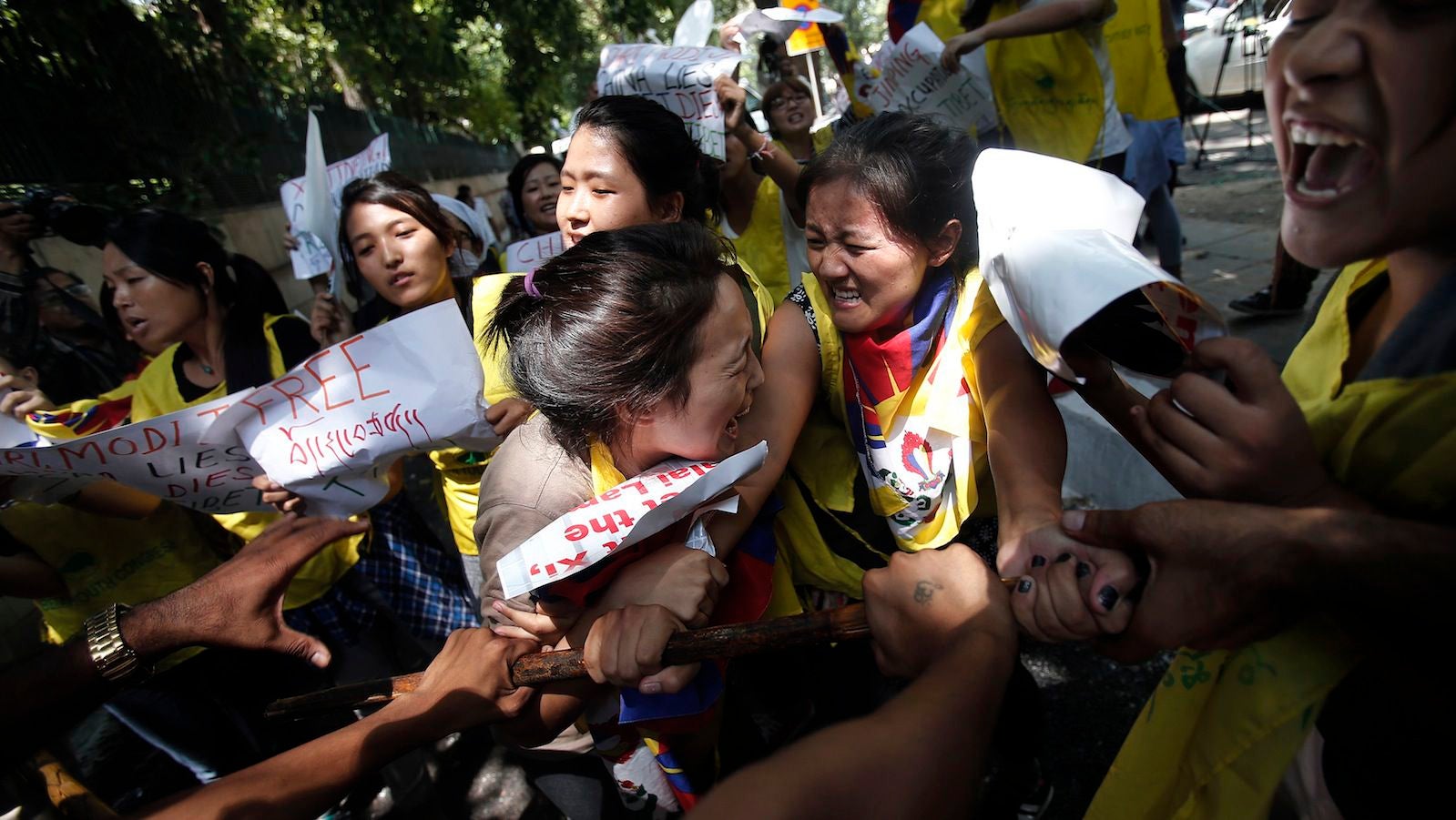Missing in action this week: Modi’s muscular foreign policy
A year ago, Narendra Modi famously chided Manmohan Singh, the then prime minister, for entertaining his Pakistani counterpart with chicken biryani, while soldiers from the two countries faced off on the Jammu and Kashmir border.


A year ago, Narendra Modi famously chided Manmohan Singh, the then prime minister, for entertaining his Pakistani counterpart with chicken biryani, while soldiers from the two countries faced off on the Jammu and Kashmir border.
On Wednesday, it was Modi, the incumbent prime minister, who strolled the Sabarmati riverfront with Chinese president Xi Jinping as Indian and Chinese troops squared off along a disputed border in the Ladakh region.
Unlike the reticent Singh, Modi projected himself as a leader with a muscular foreign policy in his prime ministerial campaign. Some of that toughness was in evidence last month when his government called off secretary-level talks with Pakistan to protest Islamabad’s envoy in New Delhi meeting Kashmiri separatist leaders just before official talks with India.
But with Xi and China, Modi seems to have put the tough stance on hold.
First, the Indian prime minister let the border incursions fester—and eventually, overshadow—his meetings with Xi. He spent an entire day with the Chinese president in his home state of Gujarat before heading into bilateral discussions in New Delhi on Thursday. Yet, news of Chinese troops withdrawing (late on Thursday night) in Ladakh only trickled in on Friday, four days after the standoff began.
It’s easy to imagine how acerbic Modi would’ve been if his predecessor Singh, for instance, had entertained a neighbouring head of state as lavishly as he did, amid a border confrontation.
And even though Modi took a more aggressive posture after the meeting with Xi and said that he had “raised our serious concern over repeated incidents along the border,” his Chinese counterpart simply admitted that “certain incidents” took place due to undemarcated borders. Xi’s reassurance, particularly given the ongoing situation and the Indian prime minister’s emphasis, seemed somewhat feeble and non-committal.
While Modi may well have been more forthright during the discussions, there were also some unusual moves by his government that betrayed an attitude of appeasement towards the Chinese.
India’s junior home minister Kiren Rijiju was kept away from the meetings and banquet hosted for the Chinese president and his delegation, The Economic Times reported. This was apparently because the presence of Rijiju, a member of parliament from Arunachal Pradesh, which Beijing considers as part of its territory, could have offended Chinese sensitivities. The junior minister’s absence was even more conspicuous because his senior Rajnath Singh, India’s home minister, was travelling to Nepal and wasn’t at the meetings and banquet either.
And in Ahmedabad the day before, news reports said that the local police had asked the city’s Hyatt hotel to ask its staff members from the northeast to keep away while president Xi was staying at the 178-roomed establishment. One reason, the report said citing unnamed sources, was that the police didn’t want to confuse these Indian citizens with Tibetans.
The next day in New Delhi, however, the police had little trouble identifying Tibetans protesting against China’s occupation of their homeland.